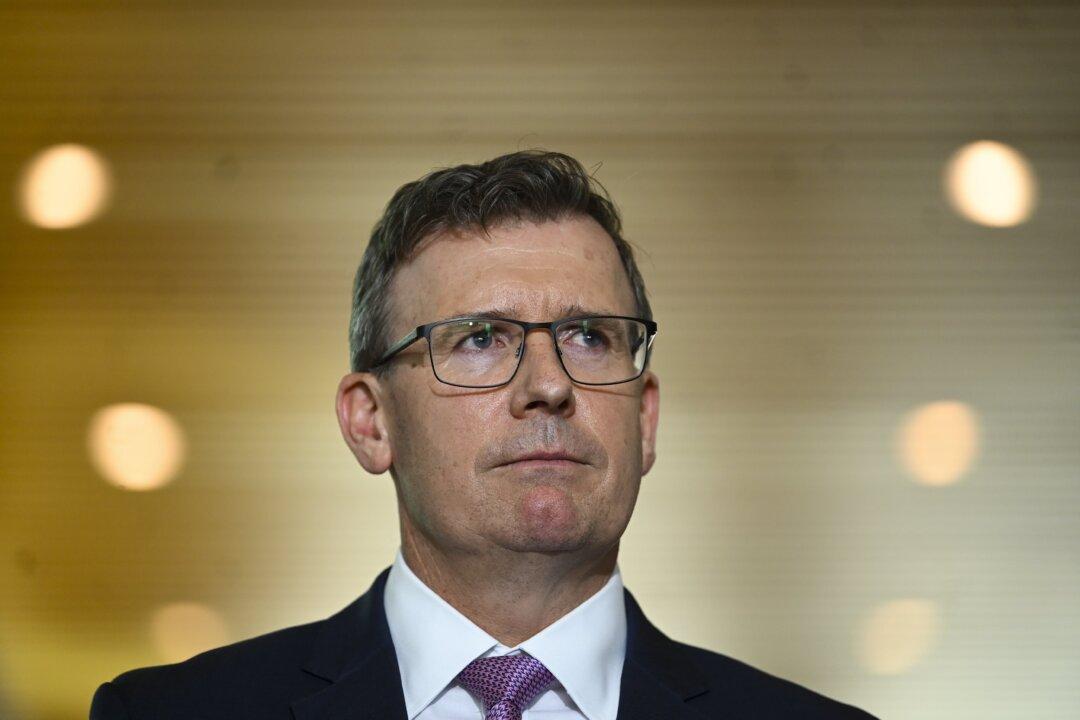Federal Education Minister Alan Tudge said if students do not learn the history of Australia’s Western, liberal culture, they won’t defend the nation as previous generations have.
In a speech to the Centre of Independent Studies on Oct. 22, Tudge discussed the issues with Australia’s falling education standard and the plan to reverse it.





